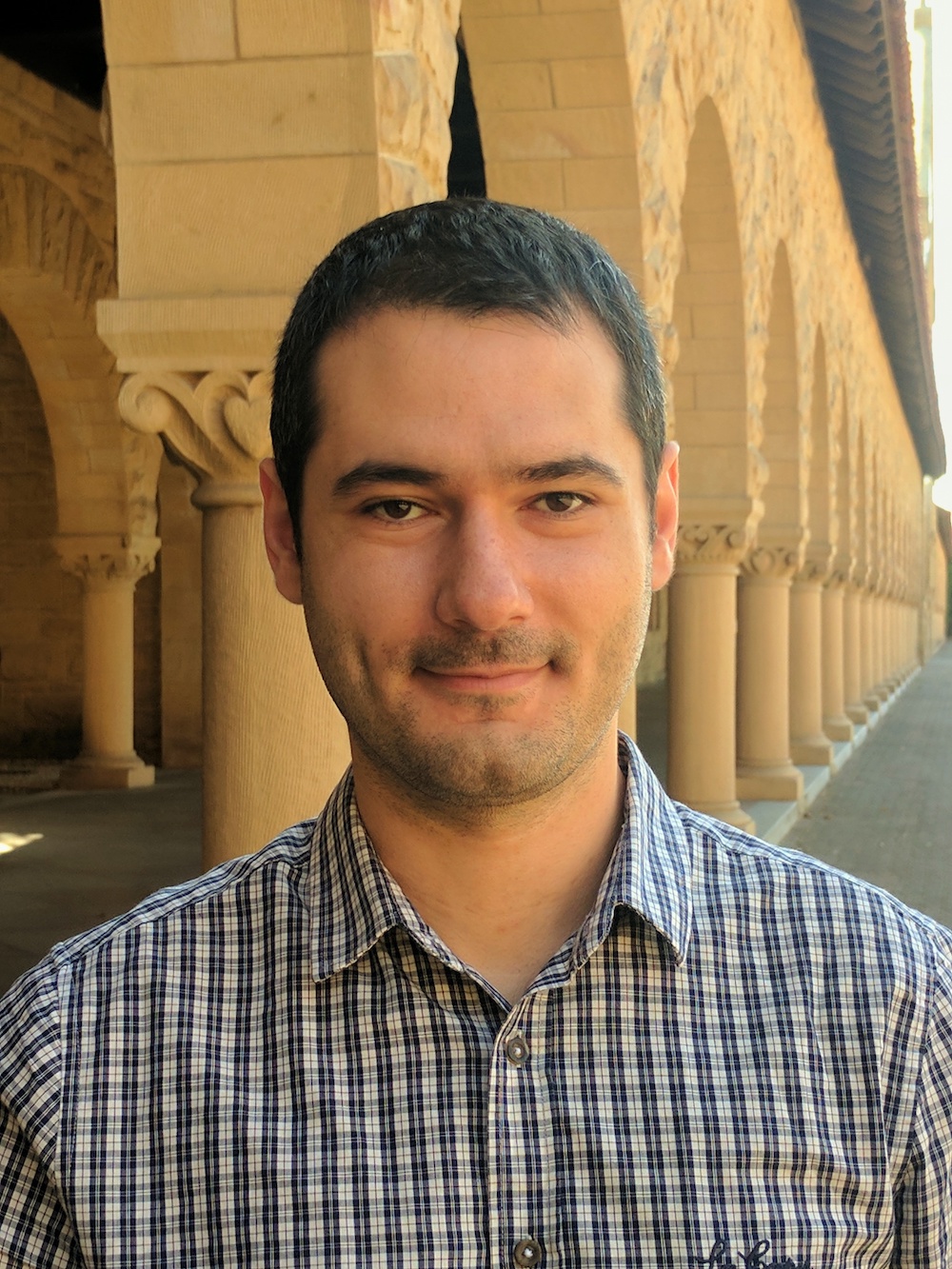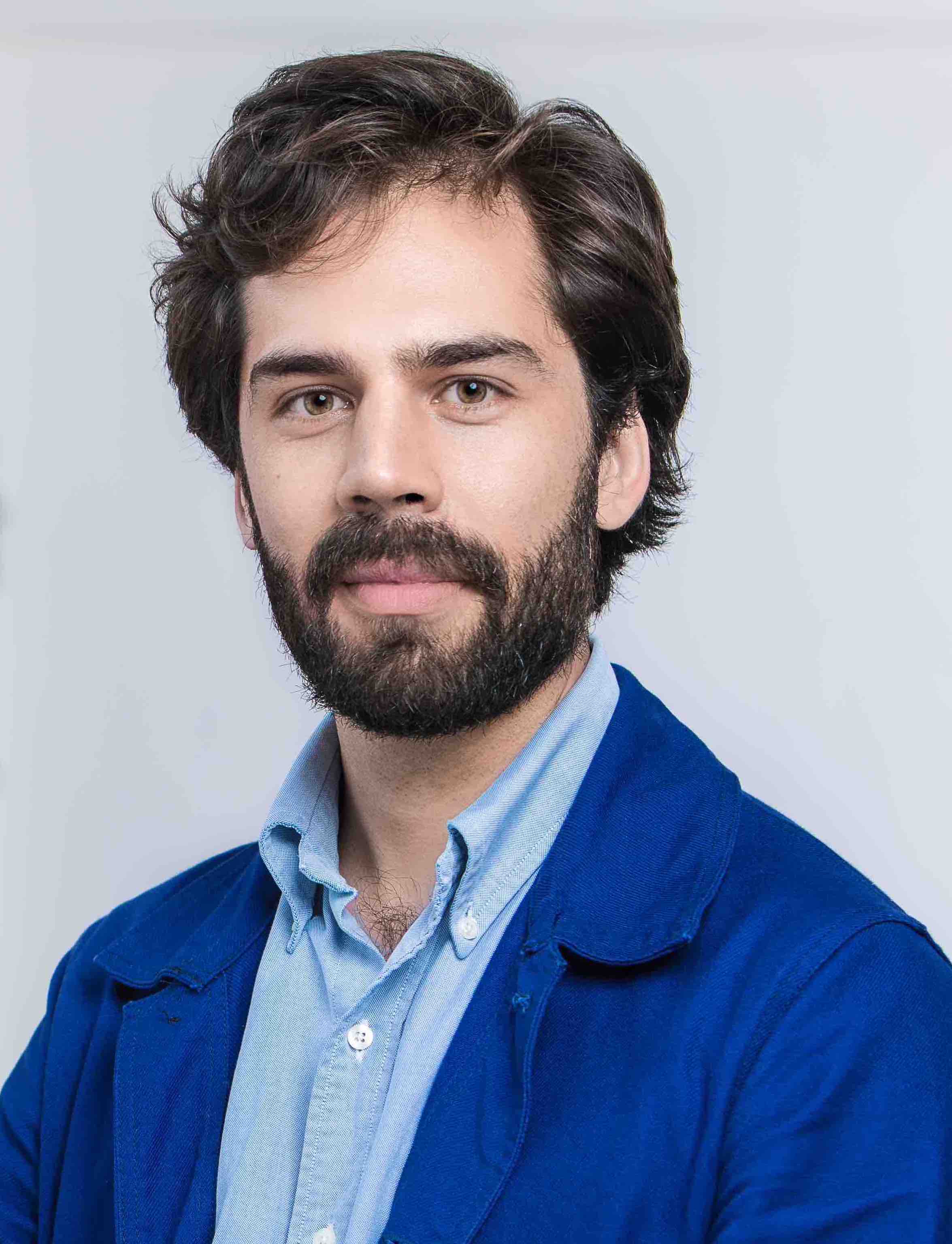The call for proposals for CIFAR AI Catalyst Grants was launched in January 2020 as an initiative of the Pan-Canadian AI Strategy’s National Program of Activities. The grants aim to accelerate developments in new research areas, particularly collaborations in machine learning and its application to different areas of science and society. Approved projects receive significant funding to support their research for a period of up to two years.
Two such projects that were approved for funding involve faculty members of the Department of Statistical Sciences.
‘Rethinking generalization and model diagnostics in modern machine learning’ is a joint project by Assistant Professor Murat Erdogdu with his collaborators Ioannis Mitliagkas (Canada CIFAR AI Chair, Mila, Université de Montréal) and Manuela Girotti (Mila, Concordia University). The project explores generalization properties of modern machine learning algorithms.
“Most existing data analysis tools were originally invented for the classical setting where overparametrization results in overfitting,” Murat Erdogdu explains. “Although they are still useful in the modern setup, deep learning urged researchers to rethink some of the key classical concepts in statistics, such as bias-variance trade-off. The main goal of our proposed project agenda is to further improve our theoretical understanding of machine learning algorithms in the overparametrized regime, and to capitalize on the newly-discovered characteristics to develop novel data analysis tools that are designed specifically for the modern regime.”
‘Learning to solve mixed-integer linear programs’ is another approved project that looks at utilizing machine learning for mixed-integer linear programming. Project collaborators are Chris Maddison (Vector Institute, University of Toronto) and Laurent Charlin (Canada CIFAR AI Chair, Mila, HEC, Université de Montréal). Chris Maddison will be joining the Departments of Computer Science and Statistical Sciences on July 1, 2020 as an Assistant Professor.
“We are looking to apply machine learning to mixed-integer programming,” Chris Maddison explains. “Because the mixed-integer programs that are of interest to humans reflect statistical regularity in real world data, they rarely represent worst-case instances. We are interested in applying machine learning techniques, related to those used for AlphaGo, to improve mixed-integer solvers in the average case, in a domain-specific way. The extra funds will help us strike up an inter-organizational collaboration”
CIFAR is a Canadian-based global charitable organization that supports long-term interdisciplinary collaboration to address the most important questions facing science and humanity. The National Program of the CIFAR Pan-Canadian AI Strategy brings together AI researchers and trainees from across the country to share ideas, foster collaboration, advance knowledge and drive Canada’s leadership in AI research and innovation.
“The CIFAR AI Catalyst program has already sparked discussion, and a preliminary collaboration between the three co-PIs even before it was awarded,” Murat Erdogdu states. “We believe our research interests are well-aligned, and this grant serves as the first step toward a long-lasting collaboration.”
Chris Maddison adds, “I'm thrilled about the support that CIFAR is providing to my research and the broader Canadian machine learning community. They have always supported high-risk / high-reward research and I think this makes Canada one of the best places in the world to do my kind of work!”


Photo Credit: Murat Erdogdu; Chris Maddison (Dan Komoda, Institute for Advanced Study)


